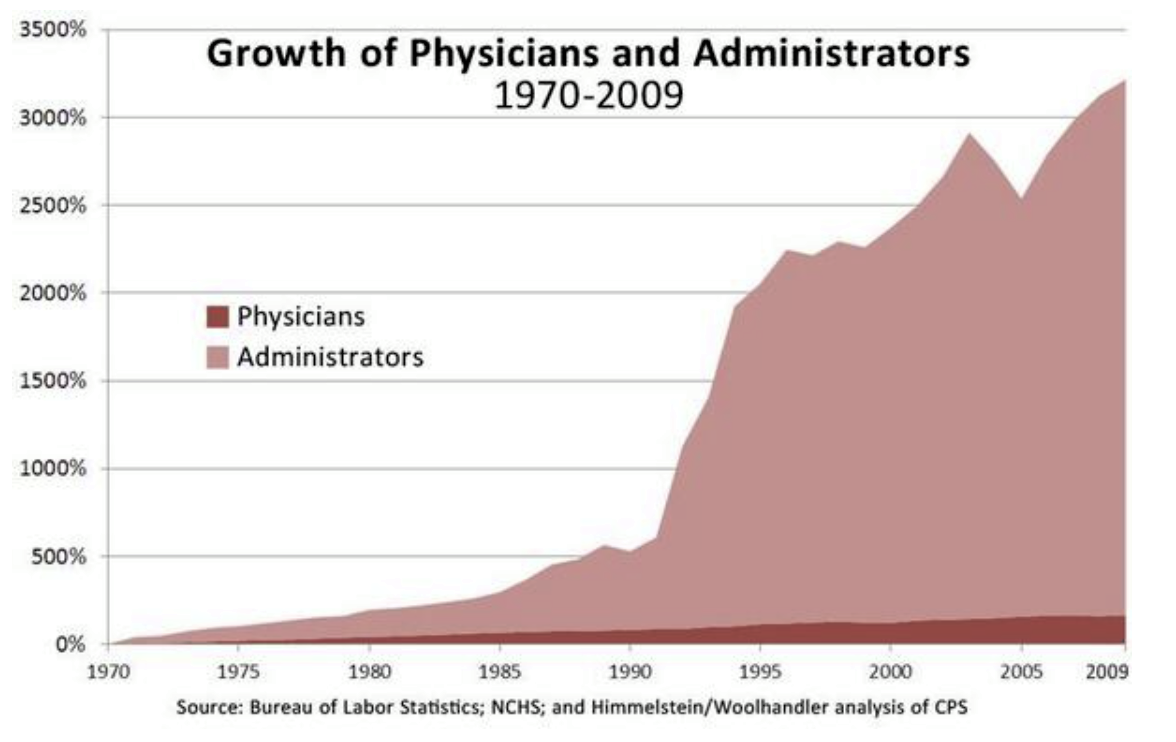Yesterday I got an email from Kickstarter that at first I laughed off as silly PR and signalling. Then it made me sad. Then it made me upset.
I like Kickstarter. I use it. It’s a supercool platform and has opened up a whole new world of crowdfunding, the effects and possibilities of which we are only beginning to see. So what did they send me that rubbed me so wrong?
Kickstarter is no longer a traditional corporation but a Public Benefit Corporation (PBC). I have not looked into the legal structure of PBC’s nor am I any kind of legal expert. The way a company chooses to structure itself doesn’t really matter to me. The thing that got me was the description in the email:
Until recently, the idea of a for-profit company pursuing social good at the expense of shareholder value had no clear protection under U.S. corporate law, and certainly no mandate. Companies that believe there are more important goals than maximizing shareholder value have been at odds with the expectation that for-profit companies must exist ultimately for profit above all.
Benefit Corporations are different. Benefit Corporations are for-profit companies that are obligated to consider the impact of their decisions on society, not only shareholders. Radically, positive impact on society becomes part of a Benefit Corporation’s legally defined goals.
What could it mean to have legal “protection” and, far more ominous, “mandate” to pursue social good?
The most obvious questions are what is social good and who gets to define it? Even if specific goals or outcomes are written in to a legal charter, who gets to interpret them? If an investor puts millions in to a business with expectation of financial return and the money gets squandered on a giant made-from-recycled-shoes art project at the office, could it be argued that this was the legally correct move because it’s good for the community or some other undefinable value?
Firms are not profit driven because they are evil. They’re not even profit driven because they care more about profit than anything else. No one got together and decided to make firms profit driven as an evil conspiracy. They simply ended up that way because it’s the best possible method of accountability to value creation.
They’re profit driven because profit is the only uniform, objective measure of all the diverse goals and desires of everyone involved in the enterprise. Designers might want to make the world more beautiful, customer service people may want to help others solve little problems (except maybe at Comcast), investors may want to be a part of something new and exciting, founders may want to change the world, and customers may want a specific feeling the product provides. To keep creating value in these myriad ways the firm needs resources. They can’t be consuming more value than they produce. They need to create something that is valued by the customers more than the raw inputs were valued on the market. The only way to measure all these subjective preferences is with profit and loss.
When people decry profit they seem to treat it as a one-sided bilking affair. Profit is really, really hard. Loss is far more common. And loss is just as important. Loss is the greatest force for resource conservation the world has ever known. It lets us know that a company is, quite literally, destroying value. It puts the brakes on fun but destructive behavior. They are consuming resources valued at X and are only able to sell them at X-1. They have transformed resources into something less valued by society.
Profit and loss are the best signals humanity has ever had to make decisions about resource allocation. Relying on warm fuzzies or good intentions is far less effective and can even be downright deadly. If you allocate resources based on perceived need or good feels you’ll end up with big shortages and surpluses, like every planned economy ever, and the poorest will suffer from lack of access to food, health care, etc. This is how mass starvation happens. High minded ideals replace organically emerging prices as the means by which resources are allocated, and well-intentioned elites from on high replace self-interested individual decisions makers on the ground.
I’m not trying to get dramatic here. For all I know PBC’s could be an improvement over current state offered options for incorporation like 501c3’s or C-Corps or what have you. I’m also not such a fool to think technical legal jargon so powerful that it can override informal institutions or cause investors to make horrible decisions with their money. Chances are, if you’re knowingly investing in a PBC, you trust the assumed definition of “social good” or whatever other goals enough to take the risk.
The troubling thing is the rhetoric and the built-in assumption that profit and loss provide worse information about how to improve the world than vague things like a “commitment to the arts”. Being committed to a high ideal without really knowing enough to bring it about in the everyday lives or real people (hint: none of us do) is a great way to waste a lot of resources and do a lot of damage while feeling good about yourself. Being committed to accounting profit and loss is a great way to create value for the world, whether you intended to or not.
*BONUS
I was discussing this with a friend on Voxer, and added this very important point about what prices really are. They’re not only about incentivising people to do things. Even in a world where people were able to rise above self-interest, prices would still be crucial for the information they convey. It’s an incentive wrapped in information. Here’s an excerpt from our conversation:
Like this:
Like Loading...
